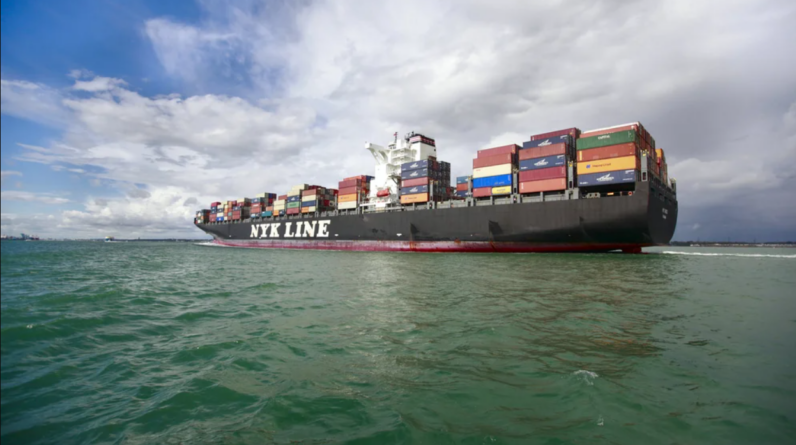
Orca AI, a developer of automated situational awareness platforms, has partnered with NYK Group, a prominent Japanese shipping and logistics company, to improve the safety of its fleet.
After more than two years of collaboration, NYK Group has affirmed that it will install the Orca AI platform across its entire fleet of bulk carriers, tankers, and containerships.
According to Captain Jun Nakamura, superintendent of the autonomous ship team at NYK Group, NYK’s goal was to develop a safety system that would allow crews to make better real-time decisions while navigating congested oceans.
The Japanese company also desired a better comprehension of the navigational obstacles its fleet faces.
“Orca AI demonstrated that the safety of shipping operations can be improved by automating the task of target detection in low visibility and congested waters,” said Captain Nakamura.
“The platform serves as an automated lookout and recognizes dangerous targets and other vessels that the human eye may miss, thereby decreasing the likelihood of maritime incidents.”

In August of 2020, NYK installed a demonstration version of Orca AI’s platform on a vessel operated by the NYJ Group.
Since then, the NYK Group and Orca have completed a successful autonomous voyage trial in congested waters near the east coast of Japan as part of the Designing the Future of Fully Autonomous Ships (DFFAS) consortium, which is comprised of thirty Japanese companies.
Yarden Gross, CEO and co-founder of Orca AI, stated, “We are excited to partner with tech leaders such as NYK, deepening our collaboration with the company and supporting its ongoing goal to be a central player in the shipping industry’s digital revolution.”
NYK Group will install Orca AI across its fleet.
The NYK trial, known as the MEGURI2040 Project and backed by the Nippon Foundation, was conducted on Suzaku, a 730 gross ton autonomous containership equipped with Orca’s artificial intelligence and deep-learning technology.

The vessel traveled from Tokyo Bay to the port of Tsumatsusaka in the Ise Bay with complete autonomy for approximately 98% of its 40-hour journey.
Using Orca’s safety navigation system, the ship performed 107 collision avoidance maneuvers and avoided up to 500 ships. Through 18 cameras with panoramic views, the platform offered real-time detection, monitoring, and distance estimation.
